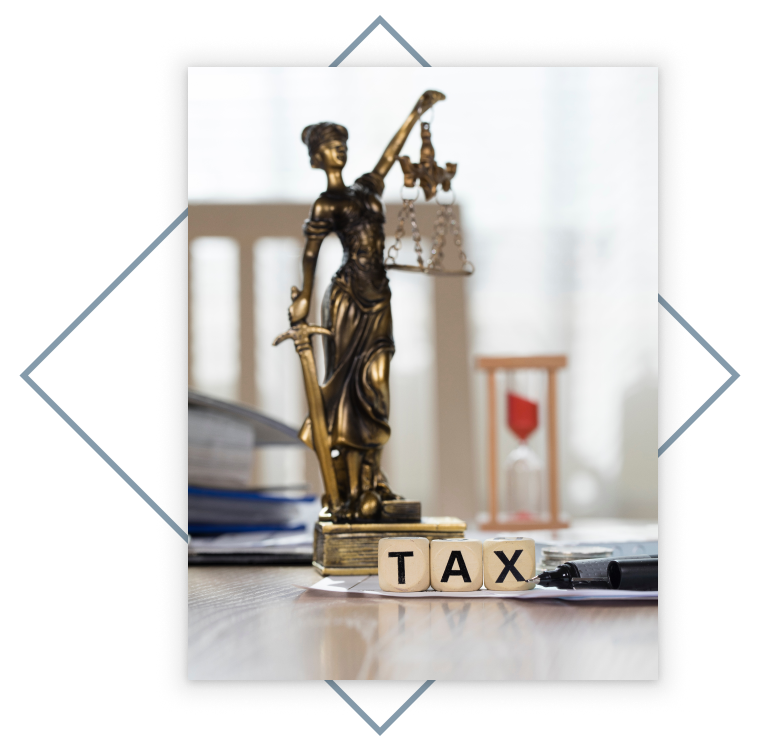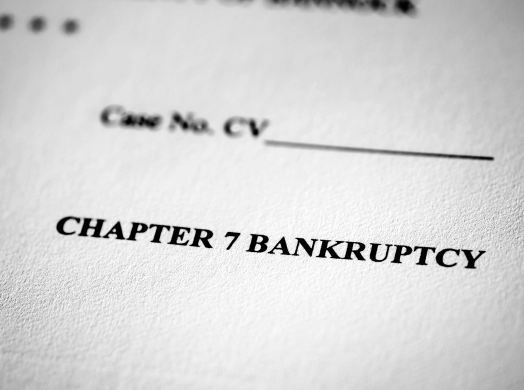Taxpayers unable to resolve their tax matters with IRS auditors have the option to litigate their case in a number of federal courts, each with different requirements and attributes. The available forums are the United States Tax Court, the United States District Courts, the United States Bankruptcy Court and the United States Court of Claims. Individual taxpayers rarely use the United States Court of Claims.
The Las Vegas area tax attorneys of JEFFREY BURR assist individuals and businesses in Nevada and elsewhere with tax litigation, settlements and appeals.
Generally, most tax issues are presented in the United States Tax Court because it is a prepayment forum, meaning that taxpayers can initiate a tax case before paying the tax liability. A case generally begins after the taxpayer has received a Notice of Deficiency from the IRS and the taxpayer petitions the court. Taxpayers must do so within 90 days (150 days if the taxpayer is not a resident of the U.S.) of the IRS mailing date on the deficiency notice. The court may also hear cases primarily involving collection actions (liens and levies) and IRS denials of taxpayer requests for innocent spouse relief, offers in compromise, penalty abatements or other collection alternatives. These cases can be commenced after the taxpayer has exhausted all IRS Appeal rights and has received a Notice of Determination.
Unlike other forums, Tax Court judges have special expertise in federal tax laws and are employed to interpret tax laws and regulations to ensure that taxpayers are taxed fairly by the IRS. Trials are conducted before one judge and without a jury.
Often, U.S. Tax Court cases are settled by mutual agreement between the taxpayer and the IRS Appeals Officer or IRS attorneys prior to trial. If a trial is conducted, the judge will issue a report setting forth both findings of fact and an opinion. Decisions of the Tax Court can be appealed to the United States Court of Appeals so long as the case is not designated by the taxpayer to be a small Tax Court case.


Unlike the U.S. Tax Court, the U.S. District Court is not a prepayment forum, meaning that taxpayers must first pay the disputed amount and then request a refund from the IRS. After receiving a denial of the taxpayer’s refund request and exhausting IRS administrative remedies, the taxpayer can then file a suit in the U.S. District Court. Unlike the U.S. Tax Court, taxpayers are then entitled to a jury trial. While there is no minimum amount of disputed tax to file suit in the U.S. District Court, the cost and complexity of a federal District Court often limit U.S. District Court tax actions to large cases.
The remedies available to a taxpayer in Bankruptcy Court vary depending on whether the taxpayer’s case is a Chapter 7, Chapter 11 or Chapter 13 case. Courts can, however, decide a number of disputes between the IRS and the taxpayer. More specifically, the courts often determine the amount or validity of a deficiency claim or tax liens, and the taxpayer’s right to a discharge of tax liabilities asserted by the IRS. As with the U.S. Tax Court, actions in the Bankruptcy Court can commence prior to making payment of the liability.
We have offices in Henderson and Las Vegas open weekdays from 8 am – 5 pm.
"*" indicates required fields

"*" indicates required fields